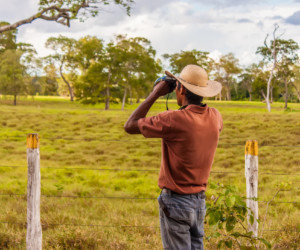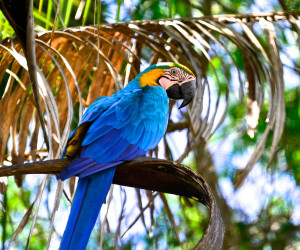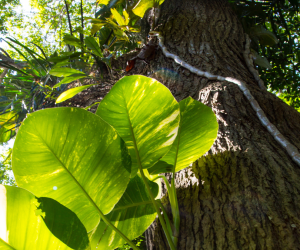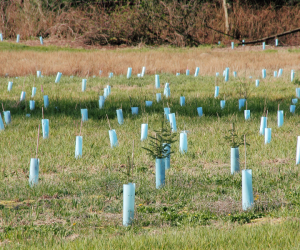About IIS > Internal collaborator
Rafael Loyola
Executive Director
Rafael holds a Ph.D. in Ecology from the State University of Campinas (Unicamp). He is a professor in the Department of Ecology at the Federal University of Goiás, CNPq level 1A research productivity fellow, member of the Brazilian Academy of Sciences, and executive coordinator of the Brazilian Platform for Biodiversity and Ecosystem Services.
Rafael has a solid background in people and project management and extensive knowledge in fundraising and structuring research and development projects. He has more than ten years of international experience, having developed projects and published works with institutions in dozens of countries. Rafael was the science director at the Brazilian Foundation for Sustainable Development (FBDS), where he was co-responsible for strategic planning, institutional relations, fundraising, and team management.
He has authored more than 200 scientific publications, including 12 books, and acts as an expert on business and biodiversity for the Intergovernmental Science-Policy Platform on Biodiversity and Ecosystem Services (IPBES).
At the International Institute for Sustainability (IIS), he is the executive director responsible for aligning the organization’s mission and results, institutional relationships and representation, fundraising, and team leadership.
Related Content
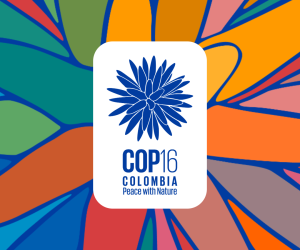
18.10.24
IIS participates in the COP 16 on Biodiversity in Cali, Colombi
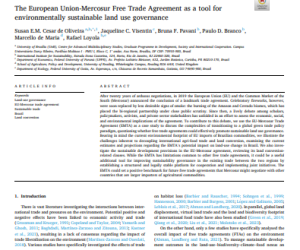
The European Union-Mercosur Free Trade Agreement as a tool for environmentally sustainable land use governance
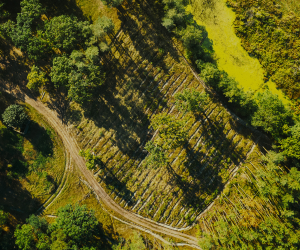
Priority Areas for Native Vegetation Restoration in Brazil
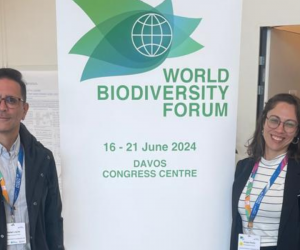
08.07.24
IIS representatives present results at the World Biodiversity Forum (WBF) 2024
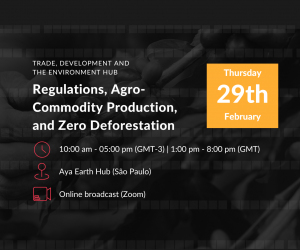
09.02.24
Video: Regulations, Agro-Commodity Production, and Zero Deforestation
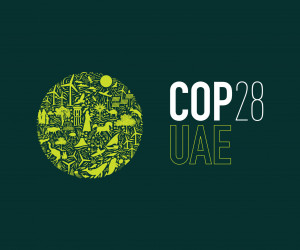
20.12.23
COP 28 Climate Summit: Acknowledging Progress, Facing Challenges, and Brazil’s Role for a Sustainable Future
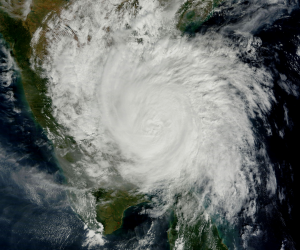
20.12.23
COP 28: What is it, and what is its importance in combating climate change?
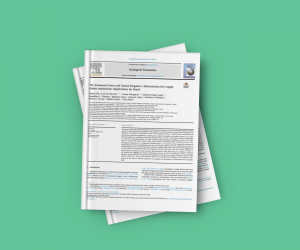
The European Union and United Kingdom’s deforestation-free supply chains regulations: Implications for Brazil
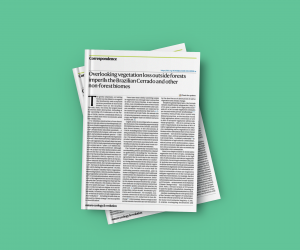
Overlooking vegetation loss outside forests imperils the Brazilian Cerrado and other non-forest biomes
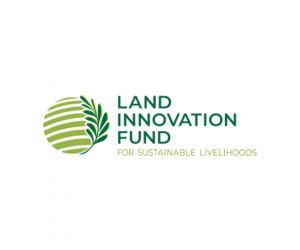
16.10.23
The carbon market: an opportunity to control deforestation caused by agricultural expansion in Brazil
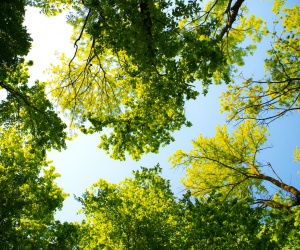
Framework to guide the mitigation of natural disasters through Nature-based Solutions
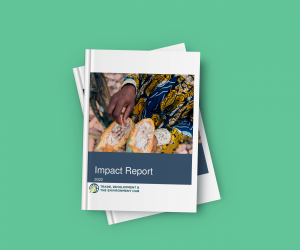
Impact Report 2022
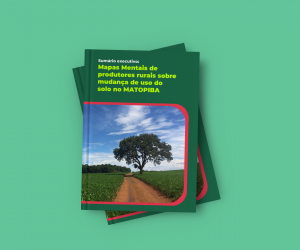
Executive summary: Mental maps of rural producers on land use change in MATOPIBA
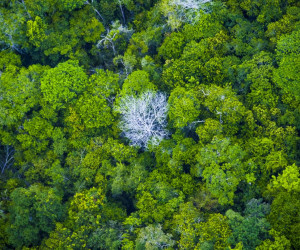
State Plan for the Recovery of Native Vegetation in the State of Pará (PRVN)
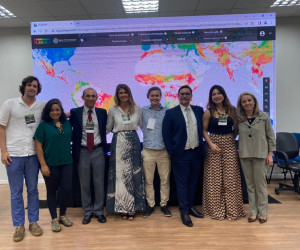
13.03.23
IIS launches online platform with priority areas for ecosystems conservation and restoration around the world
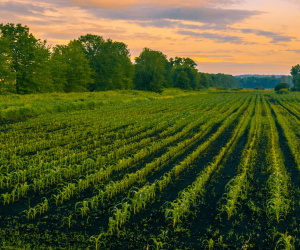
Carbon Market for small and medium-sized Brazilian rural properties
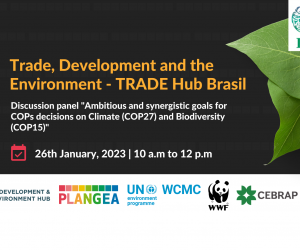
17.01.23
Video: discussion panel “Ambitious and synergistic goals for COPs decisions on Climate (COP27) and Biodiversity (COP15)”
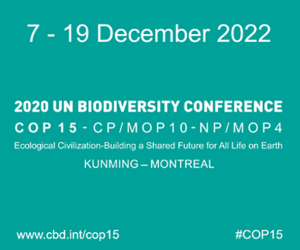
06.01.23
IIS contributes to different targets of the Post-2020 Global Biodiversity Framework (Post-2020 GBF)

Putting spatial planning on the map: how high-ambition countries are achieving nature and climate goals
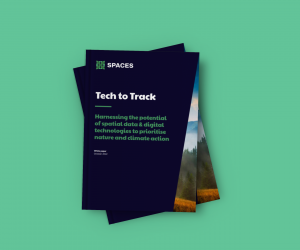
Tech to Track: Harnessing the potential of spatial data & digital technologies to prioritise nature and climate action
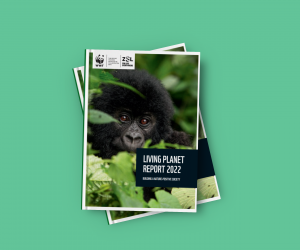
Living Planet Report 2022: building a nature-positive society
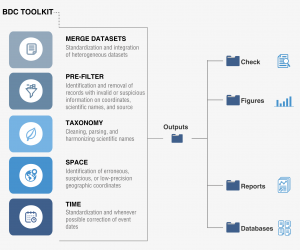
07.10.22
Tool cocreated by IIS executive director wins Ebbe Nielsen Challenge Award
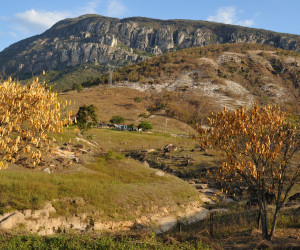
Assessment of species conservation status and spatial priorities for conservation and restoration in the Rio Doce basin

IIS-re.green partnership to restore at least 1 million hectares of forests
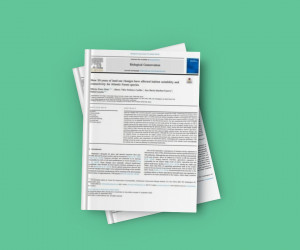
How 30 years of land-use changes have affected habitat suitability and connectivity for Atlantic Forest species
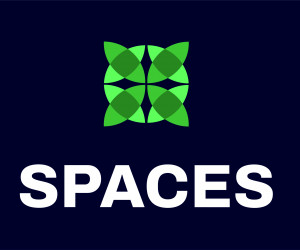
SPACES: spatial intelligence for climate and nature
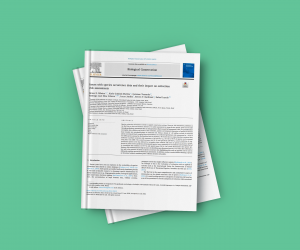
Issues with species occurrence data and their impact on extinction risk assessments
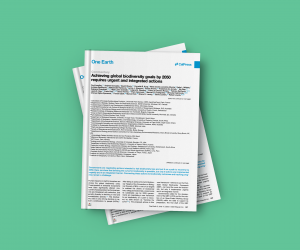
Achieving global biodiversity goals by 2050 requires urgent and integrated actions
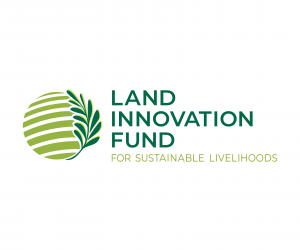
Behavioral Sciences applied to a sustainable soy chain
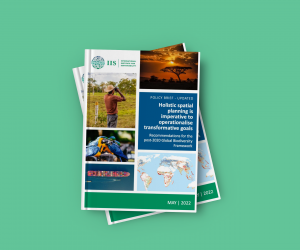
Holistic spatial planning is imperative to operationalise transformative goals: recommendations for the post-2020 Global Biodiversity Framework
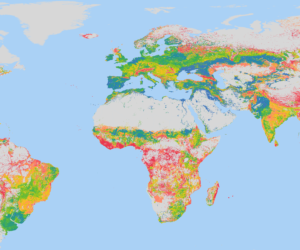
PLANGEA: Strategic Land Use Planning
